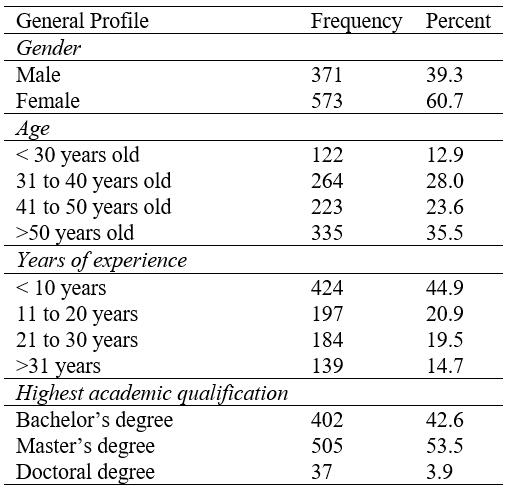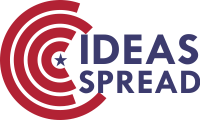Needs Assessment of Internal Supervision in Secondary Schools under the Office of Basic Education Commission
Abstract
The purpose of this research was to study the need assessment of internal supervision in secondary schools under the jurisdiction of the Office of Basic Education Commission, Thailand. A total of 944 teachers participated in the survey using multistage random sampling. The five scopes of internal supervision were investigated, namely, academic in curriculum development, development of learning process, evaluation and comparison of grades transfer, development of innovative media and digital technology, and educational supervision using a 43-items questionnaire. The need assessment results showed that the development of innovative media and digital technology (PNImodified=0.373) is the most essential scope of internal supervision according to respondents’ perceptions. This is followed by the development of the learning process (PNImodified=0.267), educational supervision (PNImodified=0.262), and evaluation and comparison of grades transfer (PNImodified=0.257). The least capacity scope is academic in curriculum development (PNImodified=0.246). The overall results imply that supervisors or school principals should attempt to ensure that internal supervisions are regularly operated to improve the teaching and learning process by paying more attention to the scope of development of innovative media and digital technology without ignoring the other four scopes.
References
Alumode, B.E., & Awulor-Hephzibah, B. N. (2020). Influence of internal supervision of instruction on improving teacher performance in secondary schools in Edo State. British Journal of Education, 8(3), 97-121. https://doi.org/10.37745/bje/vol8.no3.pp97-121.2020
Beran, D. (2015). Needs and needs assessments: A gap in the literature of chronic diseases. SAGE Open, April to June, 1-10. https://doi.org/10.1177/2158244015580375
Boonchom, S. (2013). Preliminary research (9th ed.). Bangkok, Thailand: Suveeriyasan.
Chakma, D. (2020). Educational supervision: Nature, characteristics, objectives and function of educational supervision. Retrieved from Educational Supervision: Nature, Characteristics, Objectives and Function of Educational Supervison. – ONLINE NOTE BANK (wordpress.com)
Glanz, J. (2021). John Dewey’s critique of scientific dogmatism in education and implications for supervision. Journal of Educational Supervision, 4(1), Article 3. https://doi.org/10.31045/jes.4.1.4
Hazi, H. M. (2020). On instructional improvement: A modest essay. Journal of Educational Supervision, 3(3), Article 7. https://doi.org/10.31045/jes.3.3.7
Johns, S. T. (1998). Administration and leadership. Calabar, Nigeria: Adam Tee.
Office of the Basic Education Commission. (2019). Supervision system evaluation report. Bangkok, Thailand: Education in Thailand.


This work is licensed under a Creative Commons Attribution 4.0 International License.
Copyright for this article is retained by the author(s), with first publication rights granted to the journal.
This is an open-access article distributed under the terms and conditions of the Creative Commons Attribution license (http://creativecommons.org/licenses/by/4.0/).








1.png)

















